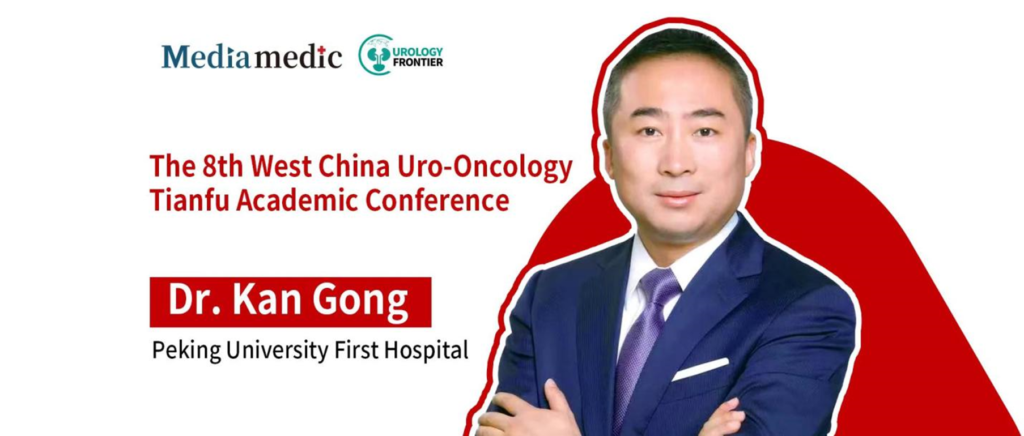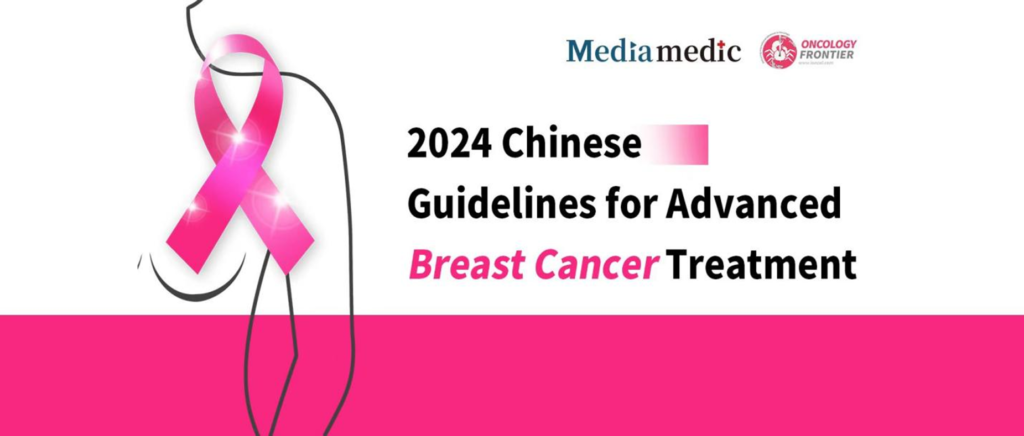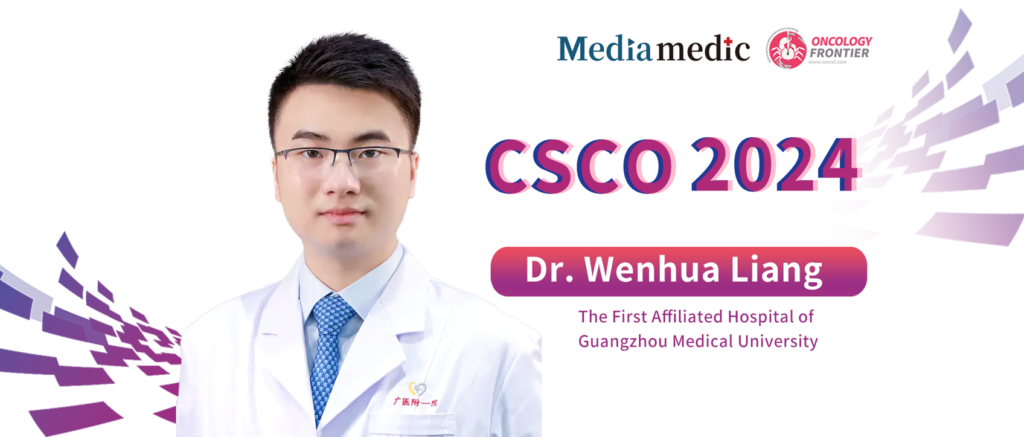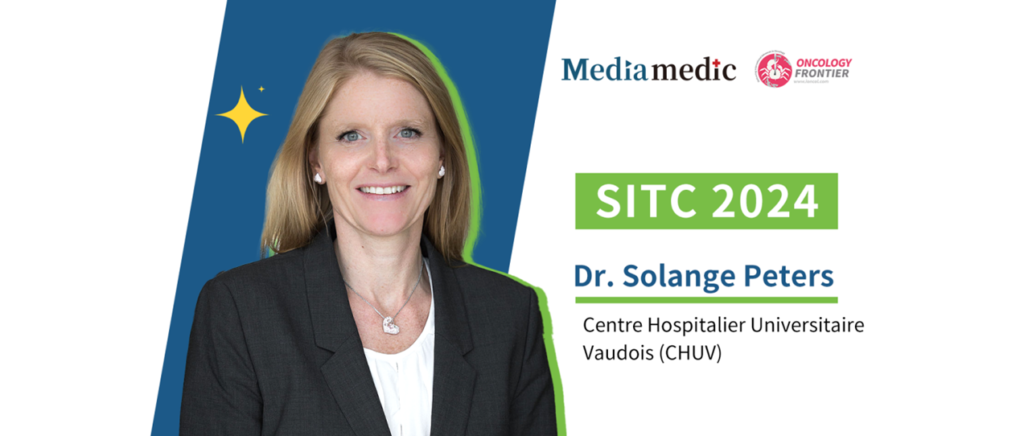Dr. Kan Gong: Reflecting on Key Challenges and Hotspots in Renal Cancer Diagnosis and Treatment in China, Exploring New Frontiers in Translational Research | The 8th West China Uro-Oncology Tianfu Academic Conference
Renal cancer is one of the three major malignancies in the urinary system. Early-stage renal cancer often presents with concealed symptoms, making it difficult to differentiate between benign and malignant tumors. Advanced renal cancer primarily relies on targeted or immunotherapy, yet the effectiveness of existing targeted drugs is low, and resistance tends to develop easily. Therefore, conducting targeted translational research based on clinical problems offers hope for improving the current state of renal cancer diagnosis and treatment in China. At the 8th West China Uro-Oncology Tianfu Academic Conference held in Chengdu, Oncology Frontier invited Dr. Kan Gong from the Institute of Urology at Peking University and the Department of Urology at Peking University First Hospital to share insights into the current state of renal cancer diagnosis and treatment in China, as well as the highlights of his team’s work in translational research.










